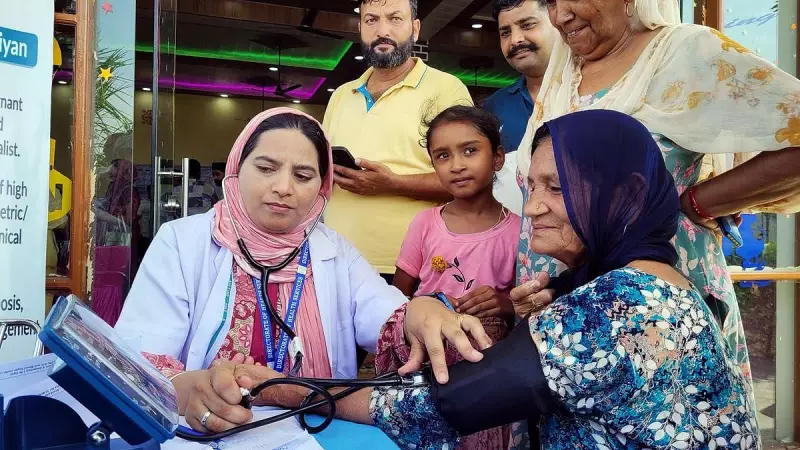
In an extraordinary display of nationwide commitment to women's health, India has officially etched its name in the Guinness World Records book not once, but three times! The monumental achievement comes under the visionary Swasth Nari, Sashakt Parivar (Healthy Women, Empowered Family) mission, spearheaded by the Union Ministry of Health and Family Welfare.
A Trifecta of Record-Breaking Feats
The records were set through a massive, coordinated effort focused on health screenings and awareness. The nation successfully organized:
- The largest screening for sickle cell disease
- The largest number of people collecting sanitary pads (simultaneously at multiple locations)
- The largest blood pressure check-up campaign
This incredible initiative saw participation from millions of women and citizens across various states, demonstrating a collective resolve to prioritize health and well-being.
More Than Just Records: A National Health Movement
Union Health Minister Dr. Mansukh Mandaviya celebrated this achievement, emphasizing that these records are symbolic of a much larger goal. The mission is a cornerstone of the government's effort to make non-communicable disease screening and women's wellness a Jan Andolan, or a people's movement.
Integral to the Ayushman Bharat scheme, the campaign focused on early detection and prevention, crucial in the fight against diseases like sickle cell anemia and hypertension. The record for sanitary pad collection also highlights the ongoing work to dismantle taboos and promote menstrual hygiene, a key aspect of women's empowerment.
The Road Ahead: Building a Healthier India
These Guinness World Records are not the end goal but a powerful milestone. They showcase the scalable and replicable model of public health engagement that India is building. The success proves that with strong political will and community participation, massive public health targets are achievable.
The Swasth Nari, Sashakt Parivar mission continues to drive forward, aiming to create a legacy where every woman in India has access to the healthcare and knowledge she needs to lead a healthy, empowered life, thereby strengthening the very fabric of the nation—the family.





